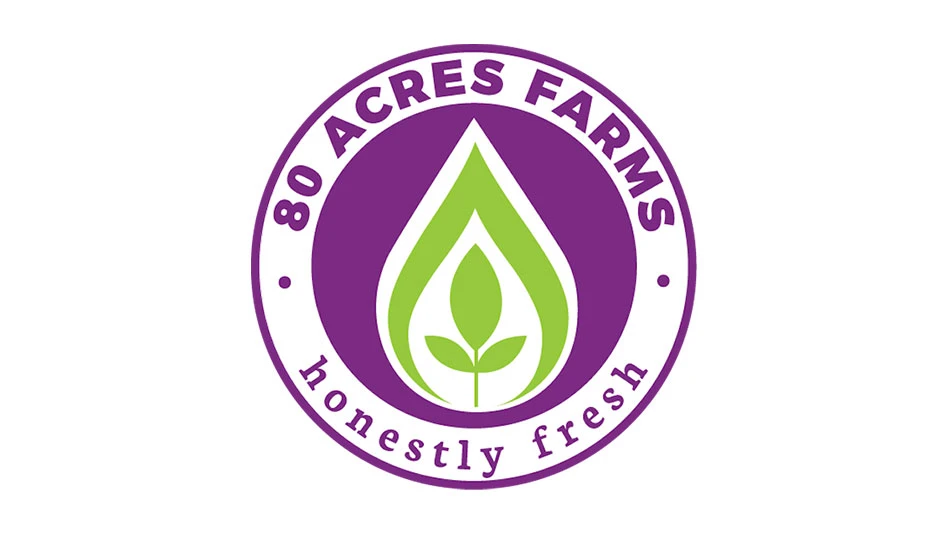
With two locations — one in Moultrie, Georgia, and another in LaBelle, Florida — Mobley Plant Farm serves customers in the Southeast and Midwest with transplant crops for field production. In 80 hoophouses at the Moultrie location, and another 50 at the LaBelle location, Mobley produces tomato, pepper and other produce crop transplants for its customers. According to owner Patrick Mobley, the Moultrie location has been open since 1980, while he purchased the LaBelle location in 2006. He estimates that the business grows a half-billion plants each year between the two locations.
A key part of Mobley’s business is having the right trays. According to Mobley, 70 to 75 percent of his trays are hard plastic trays from Proptek; the rest are polystyrene trays. He says the hard plastic trays are clearly superior.
“They are easy to clean, easy to sterilize [and] last for a lot longer than the polystyrene trays,” Mobley says. “[I] also have really good pull rates. As they get older, roots [from the plants] will grow into the side wall with the polystyrene trays. You don’t have that with the hard plastic trays.” He estimates that, depending on the size of the tray being used, he can fit a minimum of 400,000 plants in his hoophouses.
In the growing stage, the seedlings are placed in soil on the trays and then the trays are stacked in the germination room. From there, trays are spread out across benches, where the transplants grow to saleable size.
“Most crops, on average, take about five to six weeks before the transplants are ready,” Mobley says.
From there, the transplants are shipped to the farmers on the trays. When a farmer receives the tray, and then plants directly from it, Mobley’s staff will pick its trays up, and bring them back to one of the locations to be cleaned and sterilized before being reused.
According to Mobley, the polystyrene trays only last five to six years on average due to chipping and general wear-and-year, whereas a hard plastic tray like the ones he gets from Proptek can last upwards of 15 years. And while he says it does cost more upfront, it’s a smart investment for his business.
“[Proptek] has a quality design for its trays,” Mobley says. “They keep the roots going straight down instead of curling. They’ve got all of the experience, they know the right formulations so the trays hold up good. Over the life of the trays, the economics more than work out.” — Chris Manning

Explore the June 2018 Issue
Check out more from this issue and find your next story to read.
Latest from Produce Grower
- The Growth Industry Episode 3: Across the Pond with Neville Stein
- University of Evansville launches 'We Grow Aces!' to tackle food insecurity with anu, eko Solutions
- Lawsuit challenges new H-2 visa rules
- Q&A: Sandra Eskin Leads Food Safety Advocacy Organization, STOP, as CEO
- Find out what's in FMI's Power of Produce 2025 report
- Martin A. Makary Sworn in as FDA Commissioner
- PG CEA HERB Part 2: Analyzing basil nutrient disorders
- LettUs Grow, KG Systems partner on Advanced Aeroponics technology







